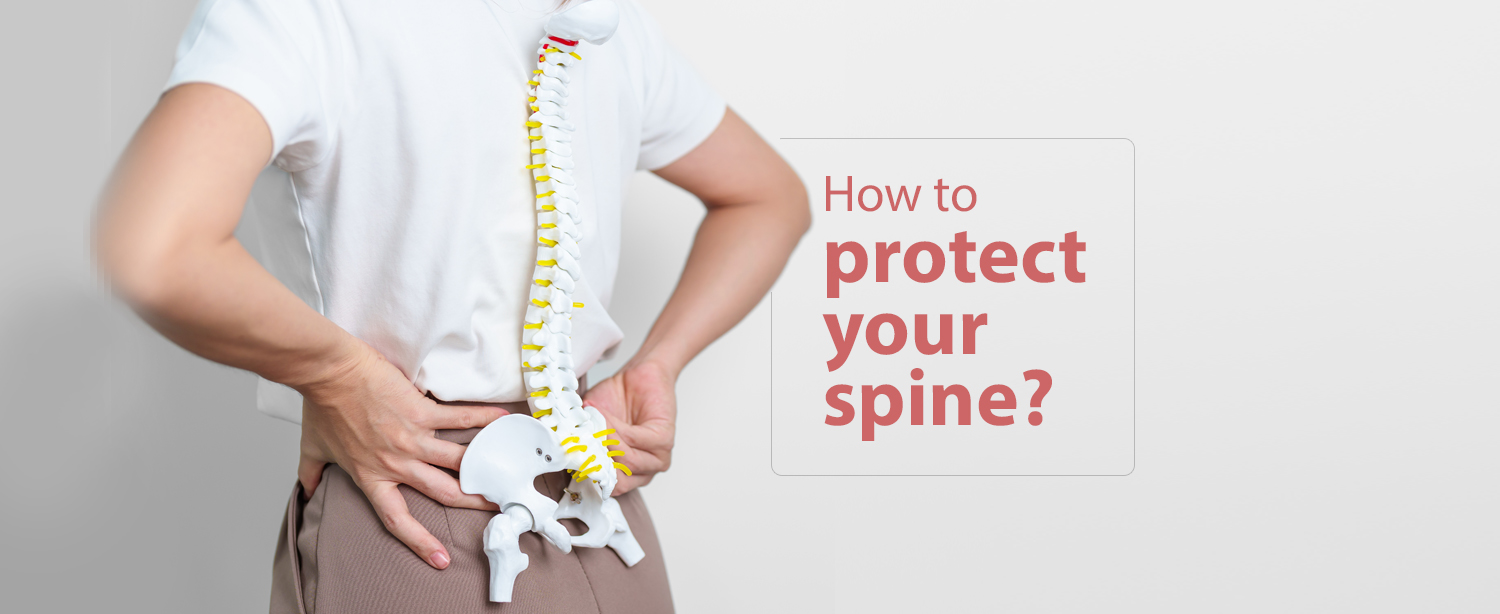Your spine is the pillar of your body, a central support structure that allows you to stand, move, and carry out your daily activities. Yet, spine health is often overlooked, even though it’s crucial for your overall well-being. The spine works tirelessly every day, and protecting it is essential for maintaining a high quality of life. Let us explore effective strategies to improve and preserve your spine’s health, ensuring you can enjoy a healthy, active lifestyle for years to come.
Table of Contents
Prioritize Restful Sleep for Spinal Health
Sleep is the time when your spine finally gets to rest after supporting your body throughout the day. A good night’s sleep is not just about quantity; the quality of your sleep environment is equally important. A supportive mattress and pillow are key to ensuring your spine can rest in a natural alignment.
- Choose the Right Mattress
A firm or medium-firm mattress is ideal for spinal support. Unlike soft or old mattresses that may allow your spine to sag, a firmer mattress maintains your spine’s natural curve, reducing the risk of discomfort or injury. - Optimize Your Sleep Position
Your sleeping position can significantly impact your spine’s health. If you sleep on your back, placing a pillow under your knees can relieve stress on your lower back. Side sleepers should place a pillow between their knees to keep their hips balanced and maintain spinal alignment.
Strengthen Your Core for Better Spinal Support
Your core muscles, which include the muscles in your lower back and abdomen, play a crucial role in supporting your spine. A strong core reduces the pressure on your lower back and helps maintain proper posture, which is vital for spinal health.
- Engage in Core-Strengthening Exercises
Unfortunately, many people do not use their core muscles effectively in daily activities, leading to weakness over time. Incorporating targeted exercises such as bridges, planks, and abdominal crunchescan help strengthen these muscles.
Choose Footwear that supports your Spine
The shoes you wear have a significant impact on your spine, as they provide the foundation for your entire body. Whether you’re walking, running, or standing, wearing shoes that offer adequate support can help prevent spinal issues and alleviate existing back pain.
- Invest in Supportive Shoes
Shoes that provide good arch support and cushioning can reduce the strain on your spine. If you have flat feet, consider shoes with additional arch support to help distribute your body weight evenly and reduce stress on your lower back. Orthotic inserts can also be a valuable investment for better spinal alignment.
Use Correct Lifting Techniques
Proper lifting techniques are essential in preventing spinal cord injuries and maintaining overall spinal health. When lifting heavy objects, always bend at your knees and hips, not your waist, to avoid putting undue stress on your back. Keep the object close to your body, and use your leg muscles, not your back, to lift. Avoid twisting your body while lifting, and if the object is too heavy, seek assistance.
Practice Good Ergonomics and Limit Sitting Time
Sitting for prolonged periods can place a significant amount of stress on the lower back, particularly on the lumbar discs. For those who work in office settings or spend long hours at a desk, this can lead to or exacerbate back problems.
- Adopt Proper Ergonomics
To protect your spine while sitting, ensure that your chair provides adequate support to your lower back. Consider using a lumbar roll or a small cushion to maintain the natural curve of your spine. Adjust your chair height so that your feet rest flat on the floor, and your knees are level with your hips. Additionally, position your computer screen at eye level to avoid straining your neck. - Break Up Prolonged Sitting
It’s important to take regular breaks to stand up, stretch, and move around. Even a few minutes of walking or stretching every hour can help reduce the stress on your spine and prevent stiffness.
Protecting your spine is essential for maintaining a healthy and active lifestyle. Remember, your spine is the foundation of your body-taking care of it will pay off in the long run, ensuring you can continue to enjoy a life free from pain and discomfort.
Spine Care at Kokilaben Dhirubhai Ambani Hospital
Our Centre for Neurosciences at Kokilaben Hospital, Mumbai offers unparalleled expertise in spinal care, combining cutting-edge technology. Whether you’re dealing with complex spinal disorders or seeking preventive care, our multidisciplinary team of neurologists, neurosurgeons, and spine specialists is dedicated to providing personalized care. We utilize advanced diagnostic tools and minimally invasive techniques to ensure the best outcomes. Trust us to help you regain mobility, alleviate pain, and enhance your quality of life with world-class spinal care in a supportive environment. Please find below link for website details: https://www.kokilabenhospital.com/departments/centresofexcellence/centrefor_neurosciences.html


